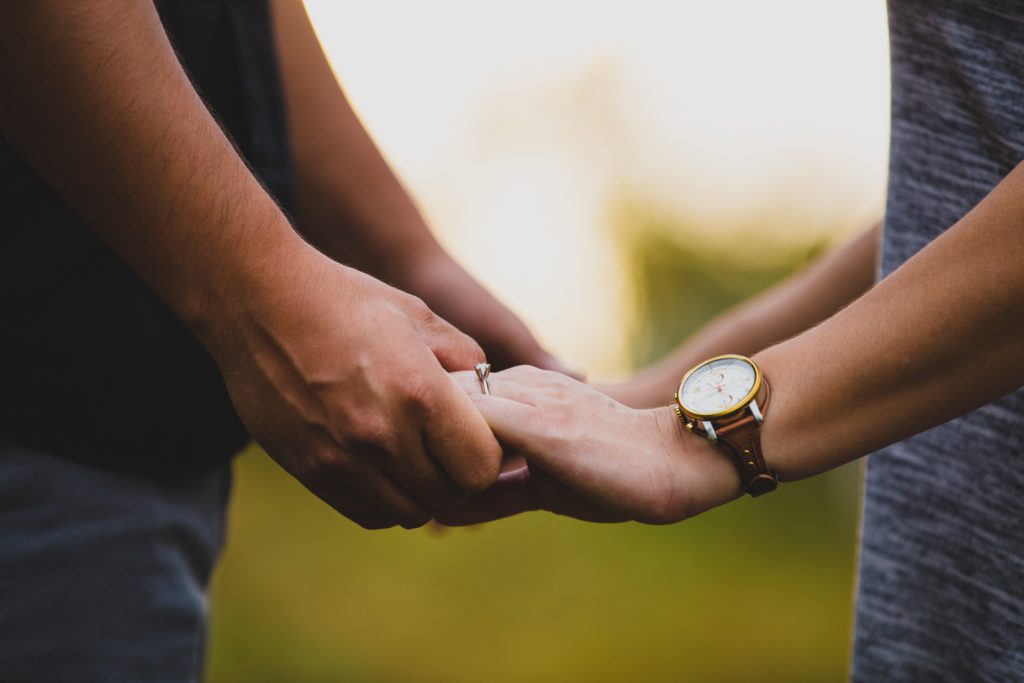In this day and age, technology has impacted almost every aspect of daily life– and dating is no exception. From the popular apps like Tinder and Bumble, to the more obscure like Hater and Tastebuds, the dating world has largely moved online. And while dating apps are praised for making dating more accessible in our fast-paced society, like many other forms of technology, they have their downfalls.
If you’re an avid user of dating apps, you’re probably familiar with the routine of mindless swiping. And while it may seem like a harmless lunch break habit, the truth behind it is a bit more disturbing.

In early 2017, Match, the world’s largest relationship company, released findings from its seventh annual Singles in America study. This study is the nation’s largest, most comprehensive annual survey of single people living in the U.S. It comes as no surprise that a big focus of this survey was singles’ use of dating apps. The survey found that 53% of single people have created a dating profile. And today, 40% of singles have dated someone they met online, while only 25% met a first date through a friend. Unfortunately, this sharp shift in dating culture from previous generations has translated into a new addiction. Almost one in six singles (15%) say they feel addicted to the process of looking for a date, making millennials 125% more likely to say they feel addicted to dating than older generations.
According to David Greenfield, founder of the Center for Internet and Technology Addiction, these feelings of dating app addiction are not unfounded. “Dating apps are basically slot machines—there’s the promise that you’re going to find something good, and every once in a while you get a little positive reinforcement to keep going.” That positive reinforcement manifests itself in the form of dopamine. While swiping, each attractive match provides a mini-hit of dopamine, the powerful neurotransmitter responsible for those pleasurable feelings associated with love, sex, and, ultimately, addiction. The creators of these apps rely on this occurrence to keep their users coming back for more. But unfortunately, these dopamine hits aren’t all that beneficial for the users. In fact, the likelihood of addiction can destroy the very thing the apps are trying to create: relationships.

Think of it this way: On dating apps, you’re always just one swipe away from the next best thing. So even if you have found a healthy and thriving relationship, that “grass is greener on the other side” mentality can cause an aversion to commitment that leads you right back to swiping. In this set-up where variety and novelty is abundant, and finding someone new and exciting for a hookup or date feels like it’s always just one swipe away, it’s no wonder why so many people find it hard to pull away. But the truth of the matter is, pulling away may be exactly what you need to do.
Getting ensnared in the endless cycle of swiping can create intense feelings of loneliness. It may seem counterintuitive, but often having so many options at your fingertips can make you feel even more alone. Because loneliness is different from being alone. In other words, you can be surrounded by people and still feel lonely. Having so many possibilities in terms of future connections doesn’t fulfill the part of us that needs to have our whole being recognized and understood. All of those people who are just one swipe away don’t know you yet. They aren’t people who you can share the truth of who you are with. And sometimes, the lack of true human connection overwhelms the pleasure associated with those “mini-hits” of dopamine that come with a match or a message. Sometimes, you need to get rid of the source of your stress and unhappiness– even when that source is where you normally go to receive those pleasurable feelings.

But how do you get yourself to do it? How do you get yourself to break the cycle of addiction associated with these dating apps?
Start small. Remove the external “triggers” by turning off your notifications. Try limiting yourself to a certain number of swipes per day. But if these small changes don’t seem to be enough, delete the app entirely.
Because in the end, the stress and loneliness that is created by using these apps on an endless cycle cannot be mitigated by the validation of match after match. While dating apps can be a successful way to start a relationship, and committed relationships started online are on the rise, it’s not right for everyone. If you feel yourself seeking out the app too often, or at vulnerable times such as right after a breakup, it might be best for you to ditch it altogether.
Believe it or not, real relationships are still being made offline! In fact, among Americans who have been with their spouse or partner for five years or less, 88% say that they met their partner offline–without the help of a dating site. So maybe it’s time for you to delete the app and head out into the real world. You never know who might be waiting for you beyond the screen.
By: Cianna Allen

